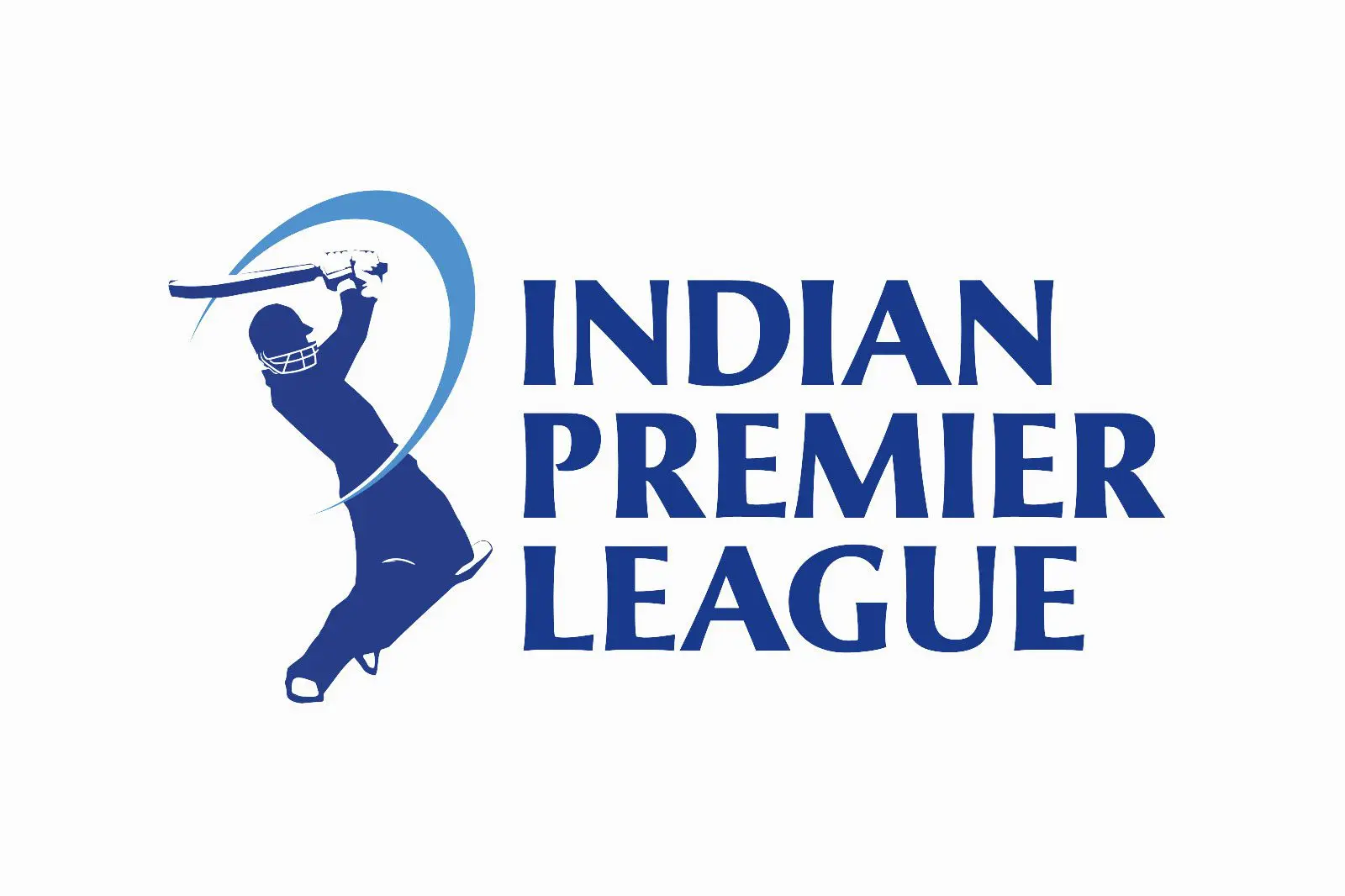The Maryland Sports Wagering Application Review Commission (SWARC) just changed its licensing requirements. SWARC previously faced significant backlash from the governor’s office for its race and gender-based conditions for issuing online sports betting licenses as well as retail wagering licenses.
Maryland Sports Wagering Commission to revise online license
The Maryland Sports Wagering Application Review Commission (SWARC) just changed its licensing requirements. SWARC previously faced significant backlash from the governor’s office for its race and gender-based conditions for issuing online sports betting licenses as well as retail wagering licenses.
The new rules, made on Wednesday, will help determine the applicants approved to participate in online sports betting. The residents of Maryland gave the go-ahead for the sports betting referendum in the November 2020 election. However, due to the attempt of the state General Assembly to achieve equality in the online gaming industry, Gov. Larry Hogan’s “overly complex bill” was passed.
Over time, the commission faced criticism for taking too much time to issue online sports wagering permits. According to the claims, its legislature was to blame for ensuring that internet licenses were granted to include the minority and businesses owned by women. The commissioned “disparity analysis” is still ongoing. According to reports, the purpose of the analysis was to ensure that the Maryland gaming industry was not involved in discrimination that displayed a preference for a diverse group of sports betting licensees.
In states where retail and online betting are allowed, betting mostly occurs over the internet. Many Marylanders are currently anticipating legalized and regulated sports books on their mobile phones to arrive in time for the September kickoff of the Baltimore Ravens NFL season.
Online Licensing Process Improved
The commission previously requested that its legal staffers find out if they could hasten the process of issuing their online betting license by reviewing their criteria for grading race, ethnicity, and gender. At the SWARC meeting held yesterday, they were offered a solution.
The SWARC Chairman, Tom Chairman, opened the discussion and noted that “over the past year, we have heard extensive legal advice on constraints on us in managing the online licensing process.” He then mentioned that to stop the delay, the staff and professional team were asked to “draft regulations that exclude race and gender-based license criteria.”
The Chairman claimed that with the elimination of the standard of online sports betting, SWARC would have an easier time in their pursuit of mobile permit issuance. To achieve this, they would identify the entities already qualified and regulated by the minority state laws, notably the six land-based casinos.
According to Brandt, if they were to take off race and gender from the criteria for licensing now, it would not impede the state from achieving its racial, ethnic, and gender diversity in licenses in the future. He added that for the goal to be accomplished, the state had to issue additional sports betting licenses for mobile devices and small businesses as soon as the disparity analysis was concluded.
He labeled the disparity analysis as “crucial” because the state was mandated to demonstrate discrimination in a marketplace in order to get preferential consideration for minority applicants. The Chairman explained, “SWARC is legally required to conduct an industry analysis to determine whether there is a legal basis to implement race or gender-conscious measures in the application and evaluation process.”
Legislature Sign-Off Needed
The SWARC meeting concluded with the commissioners signing off on the amended online licensing procedures. The next stage in the regulatory process is for the Maryland Legislature’s Joint Committee on Administrative, Executive, and Legislative Review to approve it. If approval for the altered online sports book licensing process is given, Brandt revealed that the committee would immediately start accepting applications and giving out permits to the approved parties.
In the meantime, Marylanders could start preparing their submissions using the information from the Maryland and Lottery Gaming Control Commission. As a result of SWARC not setting a timeline for additional actions, predicting when online sports wagering would be accessible to sports fans is primarily speculative.
Five casinos, however, are still in the business of operating retail sports books. About four other smaller companies were given retail licenses, but they are yet to begin accepting wagers.
Although retail sports betting is not as convenient as betting online, around 70% of the state’s residents are barely an hour away from a sports book.
Despite that, online sports wagering still holds the key to increasing sports wagering action in several other jurisdictions that have launched sports betting online. Maryland earned less than $20 million in sports betting handles in June, while Virginia, which has a thriving online market with a variety of options, posted handles of not less than $300 million. They have grossed over $400 million per month for the past months.
The SWARC meeting set for July 20 was canceled, and the next meeting was set for August.










